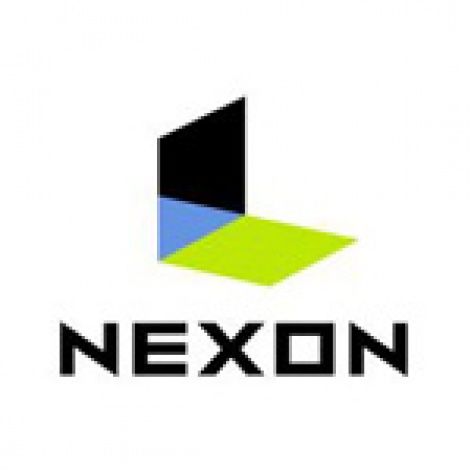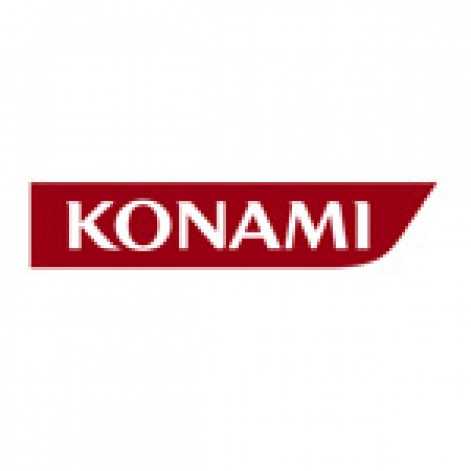Yet, that process provides a wealth of useful information, while the rigor of directly comparing companies - one against another - forces us to think about what we mean by the term 'top developers'.
In terms of our process at PocketGamer.biz, we used metrics such as creativity, critical acclaim, sales performance, innovation especially in terms of business model, and that certain je ne sais quoi that only the best studios exude.
The full list - produced in conjunction with leading app store analytics company App Annie and the largest Chinese mobile game development platform CocoaChina - will be revealed daily through our Top 50 Developer of 2013 section.
30. Chukong/PunchBox
New entry

Part of the Chukong Technologies group, PunchBox is the company's game development, publishing and advertising arm, while Chukong works with external studios to release their games in China and globally.
Its most successful title is the Fishing Joy franchise, which has been downloaded over 200 million times since its iOS release in 2011 and generates around $6.3 million a month. Most of the 10 million daily active players of the free-to-play arcade fish catching game are in China, but the game has also been released globally and more recently on Android.
29. Madfinger Games

Down 3 (compared to 2012)
Thanks to its technical expertise, and the support of companies such as Unity and Nvidia, Madfinger is now one of developers that gamers look towards to provide the best graphics on mobile devices. With its Shadowgun and Dead Trigger franchises, the Czech studio has cornered the market in third- and first-person perspective shooters, respectively.
Sure, they're not the most popular genres on touchscreen devices, especially given the blood and gore it adds to the mix, but downloads numbers measured in the tens of millions demonstrate that, if nothing else, Madfinger is fulfilling the itchy thumbs of console gamers on the go.

28. Nexon
New entry
Until its $470 million acquisition of Japanese mobile developer gloops (from 'global loops') in October, Korean outfit Nexon was a bit player when it came to mobile games. It had released versions of its big online titles but the likes of MapleStory Live and Combat Arms: Zombies hadn't been successful.

Now, however, Nexon has itself an established studio it expects to generate at least $85 million in annual sales, thanks to core Japanese titles like Japan Pro Baseball Card Battle and Warriors of Odin. The combination of the two will be fascinating to see, especially in terms of their releases through Mobage and GREE.
27. ZeptoLab
Down 18

Russian developer ZeptoLab made its name with Om Nom and the colourful world of candy puzzler Cut the Rope; a 250 million-downloaded franchise it continues to support on mobile and web. The first release since that success was the similarly sweet puzzler Pudding Monsters.
Out simultaneously for iOS and Android (including Amazon and Nook), its more thoughtful approach hasn't captured the imagination like Cut the Rope. The lack of free content on iOS may also have something to do with this. Still, ZeptoLabs has plenty more cooking for 2013. If nothing else, we've haven't seen the last of Om Nom.
26. Digital Cloud

New entry
Chengdu-based Digital Cloud is primarily focused on the Chinese and Asian iOS market, and it's been mighty successful in that business. Released in July, its turn-based free-to-play MMORPG DragonForce (Dragon Bane in the west) has been sitting pretty at the very top of the Chinese top grossing iPhone and iPad ever since. It's also performed well in Taiwan, Vietnam, Singapore, Malaysia, Thailand, the Philippines and Indonesia
Digital Cloud isn't a one-trick pony, however. Its has three Three Kingdoms-themed strategy games, which have also spent many weeks towards the top of the Chinese top grossing charts.

25. Konami
Down 11
Like many of the big Japanese publishers, Konami has a significant mobile games business - if only in Japan. With an audience of 34 million monthly active users, the division posted nine months revenues of $250 million in 2012, albeit down 9 percent year-on-year. This is generated by titles such as Dragon Collection (on GREE) and Sengoku Collection (on Mobage), which have been top grossing for years.

In western markets, Konami's attempts to rework its console brands onto mobile have yet to find much success, although that may change with the release of Metal Gear Solid Social Ops on GREE.
24. GREE
Up 4 (previously listed as Funzio)

2012 was an annus horribilis for social gaming network giant GREE. While Japanese arch rival DeNA saw its sales and share price soar, GREE still hasn't had the breakout western hit it so desires. Instead, for much of the year revenues declined quarter-on-quarter, resulting in a downgrade of its FY13 forecast by 17 percent. It also had to apologise for not properly implementing spending limits for Japanese children.
Still, this is a company with annual sales of $1.6 billion, and $480 million in cash, so its importance in the global industry is hard to overstate. 2013 can only get better.
23. Wooga

New entry
Facebook might not be the gaming cash cow it once was, but it's still important, even for mobile success. Just ask Wooga. It leveraged its strength on the platform to make mobile a key part of its business. Indeed, the iOS version of Diamond Dash is said to have the highest percent of Facebook Connect users of any iOS title; over 60 percent.
So with only two releases, mobile now accounts for 50 percent of Wooga's revenues; up from zero 15 months ago. And it's not stopping. It has four games in development for 2013; ranging from casual to midcore PVP titles
22. Glu Mobile
Down 5
As seems to be the way with Glu Mobile, there's good and there's less good. 2012 sales were up 32 percent to $87.5 million, but losses increased to $22.1 million. One reason was more Apple restrictions on incentivised downloads, but a strategic rethink also delayed the release of some titles.
Bottomline is the charts are getting more competitive and that's driving up expected quality. Glu is looking to overcome this by opening up its third-party publishing. It's hopeful about the potential of casino games too, thanks to investment in start-up Bee Cave, and a hook up with real money specialist Probability.
21. G5 Entertainment
Up 12
Bringing its experience from the publishing of casual PC games to mobile, Swedish-headquartered and Russian-operated G5 Entertainment continued its momentum in 2012: annual sales were up 74 percent to almost $13 million. Its long term goal is $45 million in revenue and it's raised $6 million to enable further expansion in 2013.
Still, that target will take some doing but G5 has deals with 80 third-party studios and is ramping up its Android activity. Internally developed titles such as the free-to-play Virtual City Playground have provided a foundation for growth as well. It accounted for 30 percent of Q3 sales.
You can see the full Top 50 Developers of 2013 list as it's revealed here.






















